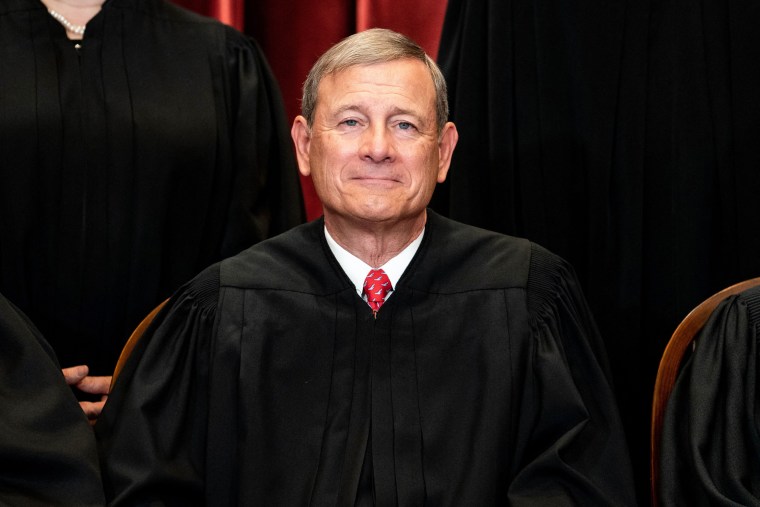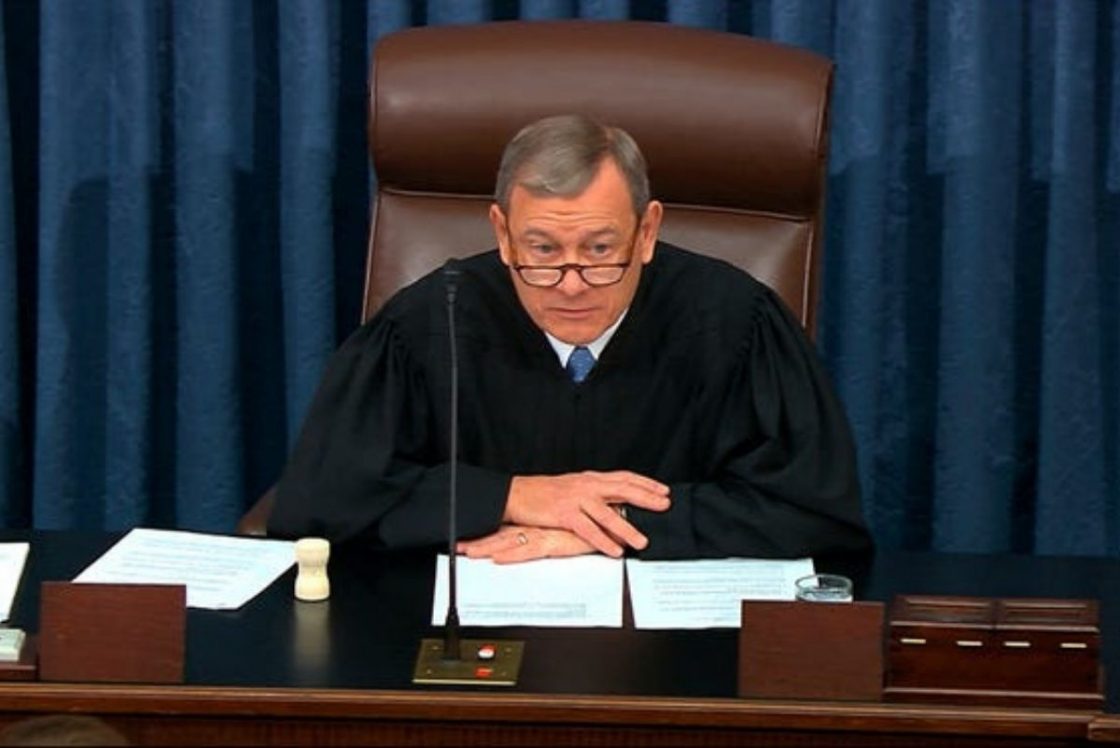Chief Justice Of Supreme Court: The Backbone Of Judicial Integrity
Whoever said the judicial system was just a bunch of boring robes and gavels clearly hasn’t met the chief justice of supreme court. This role is more than just a title—it’s the heartbeat of the entire legal framework. The chief justice is the guy who not only wears the robe but also carries the weight of ensuring justice is served with fairness and transparency. If you think that sounds like a big deal, well, it is. And we’re about to dive deep into what makes this role so crucial.
Picture this: you’re in a courtroom where decisions can change lives forever. The chief justice of supreme court is the captain of that ship, guiding the legal process with wisdom, experience, and a whole lot of responsibility. But what exactly does this role entail? How does someone even become the top dog in the judicial world? And most importantly, why should you care? Stick around, because we’re about to unravel all of that and more.
Before we get too far, let’s clarify one thing: the chief justice isn’t just another judge. This position is like the CEO of the judicial branch, overseeing everything from court procedures to judicial appointments. It’s a role that demands expertise, authority, and trustworthiness—all qualities we’ll explore in detail as we break down the ins and outs of this critical position.
Who Exactly is the Chief Justice of Supreme Court?
Alright, let’s start with the basics. The chief justice of supreme court is the head honcho of the highest court in the land. This person isn’t just there to preside over cases; they’re also responsible for setting the tone for the entire judicial system. Think of them as the anchor that keeps the ship steady, even in the stormiest of legal waters.
The Role and Responsibilities
So, what does the chief justice actually do? Let’s break it down:
- Presiding Over Cases: As the leader of the Supreme Court, the chief justice plays a pivotal role in hearing and deciding cases that have national significance.
- Leading Judicial Discussions: During deliberations, the chief justice gets to speak first and last, guiding the conversation and influencing the final decision.
- Administrative Duties: Beyond the courtroom, the chief justice is involved in managing the administrative aspects of the judicial system, including budgeting and policy-making.
- Mentorship and Leadership: They’re also responsible for mentoring other judges and ensuring the judiciary remains a respected and effective institution.
It’s a lot of work, but someone’s gotta do it. And when you think about the impact this role has on shaping laws and protecting constitutional rights, it’s clear why the chief justice is such a big deal.
How Does Someone Become Chief Justice?
Now, here’s the million-dollar question: how does someone rise to the top of the judicial pyramid? It’s not as simple as acing a law exam or having a fancy degree. The process is rigorous, competitive, and involves a lot of political maneuvering.
The Nomination Process
First things first, the president of the country gets to nominate candidates for the position. But don’t think this is a done deal once the nomination happens. The nominee then goes through a thorough vetting process by the Senate Judiciary Committee. This involves hearings, background checks, and a whole lot of scrutiny. If the nominee survives all that, they’re put to a vote by the full Senate. If approved, they’re sworn in as the new chief justice.
It’s a long and intense process, but it ensures that only the most qualified individuals get the job. And trust me, you want someone who knows their stuff in this role.
The History of the Chief Justice Position
Let’s take a quick trip back in time to understand how this position evolved. The role of the chief justice has been around since the very beginning of the Supreme Court, established way back in 1789. Over the years, it’s grown in importance, reflecting the changing needs of society and the legal system.
Notable Chief Justices Throughout History
Some of the most iconic figures in American history have held this position. Names like John Marshall, Earl Warren, and William Rehnquist come to mind. Each brought their unique perspective and shaped the court in significant ways. For example, John Marshall is often credited with establishing the principle of judicial review, giving the court the power to declare laws unconstitutional.
These historical figures remind us that the chief justice isn’t just a figurehead—they’re active participants in shaping the legal landscape of the nation.
The Importance of Expertise, Authority, and Trustworthiness
Now, let’s talk about the E-A-T principle. In the world of the chief justice, expertise, authority, and trustworthiness are non-negotiable. Without these qualities, the entire judicial system could crumble. Here’s why:
- Expertise: The chief justice must have a deep understanding of the law, constitutional principles, and legal precedents. This expertise ensures that decisions are well-informed and grounded in legal tradition.
- Authority: As the head of the Supreme Court, the chief justice commands respect and influence. Their decisions carry weight and set the tone for the entire judicial branch.
- Trustworthiness: Above all, the chief justice must be someone the public can trust. Their integrity and impartiality are vital to maintaining faith in the justice system.
Without these qualities, the role of the chief justice would lose its significance and effectiveness.
Key Challenges Faced by the Chief Justice
Being the chief justice isn’t all glitz and glamour. There are plenty of challenges that come with the territory. From navigating political pressures to dealing with divisive cases, the chief justice must be prepared for anything.
Political Pressures
One of the biggest challenges is staying impartial in a highly politicized environment. The chief justice must resist external pressures and make decisions based solely on the law, not on public opinion or political affiliations.
It’s a delicate balancing act, but one that’s crucial for maintaining the integrity of the judiciary.
Impact on Society and the Legal System
The decisions made by the chief justice and the Supreme Court have far-reaching consequences. They shape laws, influence policies, and protect individual rights. For example, landmark cases like Roe v. Wade and Obergefell v. Hodges have had a profound impact on societal norms and legal frameworks.
Protecting Constitutional Rights
One of the chief justice’s primary responsibilities is to safeguard constitutional rights. This involves ensuring that laws are applied fairly and consistently across the board. It’s a role that requires a deep understanding of the Constitution and a commitment to upholding its principles.
Without a strong chief justice, the protection of these rights could be compromised, leading to a less equitable society.
Public Perception and Media Influence
Let’s face it, the chief justice isn’t just a figure in the courtroom—they’re also a public figure. Media coverage and public perception play a significant role in shaping how the chief justice is viewed. This can be both a blessing and a curse.
Handling Media Scrutiny
With great power comes great scrutiny. The chief justice must navigate the media landscape carefully, ensuring that their decisions are explained clearly and transparently. This helps build trust with the public and ensures that the judicial process is understood and respected.
It’s not always easy, but it’s a necessary part of the job.
The Future of the Chief Justice Role
As society evolves, so too does the role of the chief justice. New challenges and opportunities arise, requiring adaptability and foresight. From advancements in technology to changing societal norms, the chief justice must be prepared to address these issues head-on.
Incorporating Technology in the Judiciary
One area of focus is the integration of technology into the judicial process. From online court proceedings to digital evidence management, technology is transforming the way the judiciary operates. The chief justice must ensure that these advancements are implemented responsibly and effectively.
It’s an exciting time for the judiciary, but one that requires careful consideration and planning.
Conclusion: Why the Chief Justice Matters to You
So, there you have it—the chief justice of supreme court isn’t just some random title; it’s a role that affects every aspect of our lives. From shaping laws to protecting rights, the chief justice plays a vital role in ensuring justice is served fairly and equitably.
As you’ve learned, this position demands expertise, authority, and trustworthiness. It’s a role that carries immense responsibility and has a profound impact on society. So, the next time you hear about a Supreme Court decision, remember the chief justice behind it and the importance of their role in our legal system.
Now, here’s where you come in. If you found this article informative, don’t hesitate to share it with others. And if you have any thoughts or questions, feel free to leave a comment below. After all, the more we understand about the justice system, the better equipped we are to participate in shaping its future.
Table of Contents
- Who Exactly is the Chief Justice of Supreme Court?
- How Does Someone Become Chief Justice?
- The History of the Chief Justice Position
- The Importance of Expertise, Authority, and Trustworthiness
- Key Challenges Faced by the Chief Justice
- Impact on Society and the Legal System
- Public Perception and Media Influence
- The Future of the Chief Justice Role
- Conclusion: Why the Chief Justice Matters to You
NBA Starting Lineups: The Blueprint To Basketball Dominance
Clippers Vs Cavs: The Epic Rivalry That Basketball Fans Love!
Connections Answers Today: Your Ultimate Guide To Building Meaningful Relationships

Honorable Chief Justice Supreme Court of Pakistan

Supreme Court Chief Justice Roberts stresses need for judicial independence

Who Is The Supreme Court Chief Justice? Legal Inquirer